Why did the United States enter World War I? What were the dominant interventionist arguments and themes, and how did Americans react to those arguments? Why did some Americans oppose American military involvement? SUMMARY: STANDARDS ALIGNMENT: TIME NEEDED: OBJECTIVES:
Untitled
DBQ OUTLINE intro thesis statement: the underlying causes of wwi were militarism, allies, imperialism, and nationalism. doc all of statesmen and military … Conclusion The Great War affected the world both economically and politically. … The underlying causes of WWI were militarism, allies, imperialism, and nationalism. Doc A: All of Europe
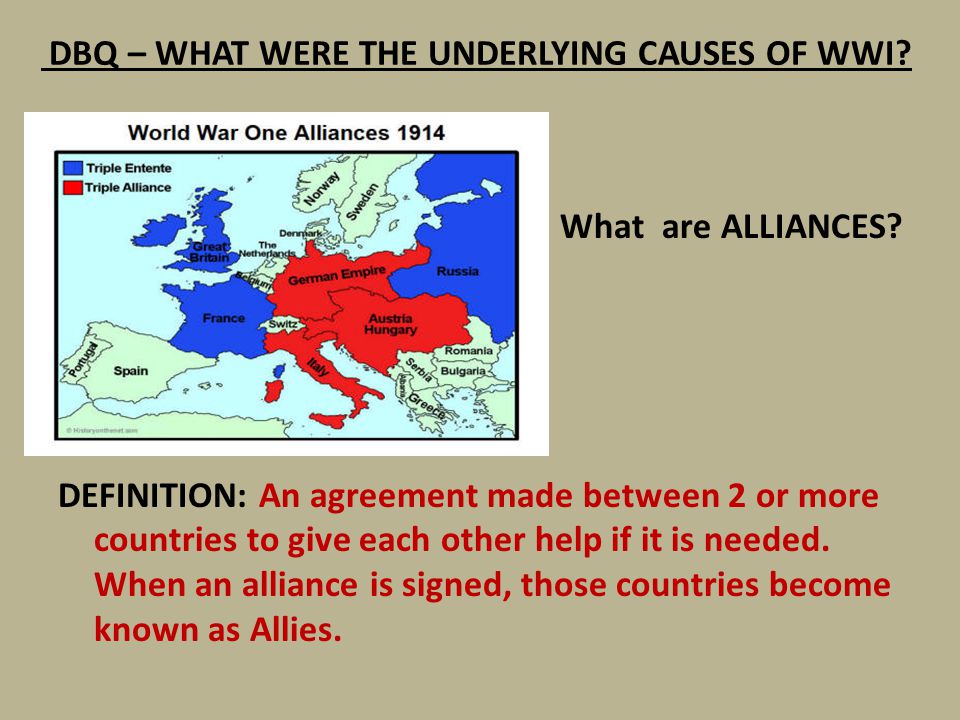
Source Image: slideplayer.com
Download Image
They believed it was a battle of defense after the death of Archduke Ferdinand. He says the cause of the war was “imperialism of all European states.” This imperialism led to conflict. When the Russians mobilized, military men took over and diplomacy faded. 2) He stated that Europe had turned to denying and violating the right of man; Europe
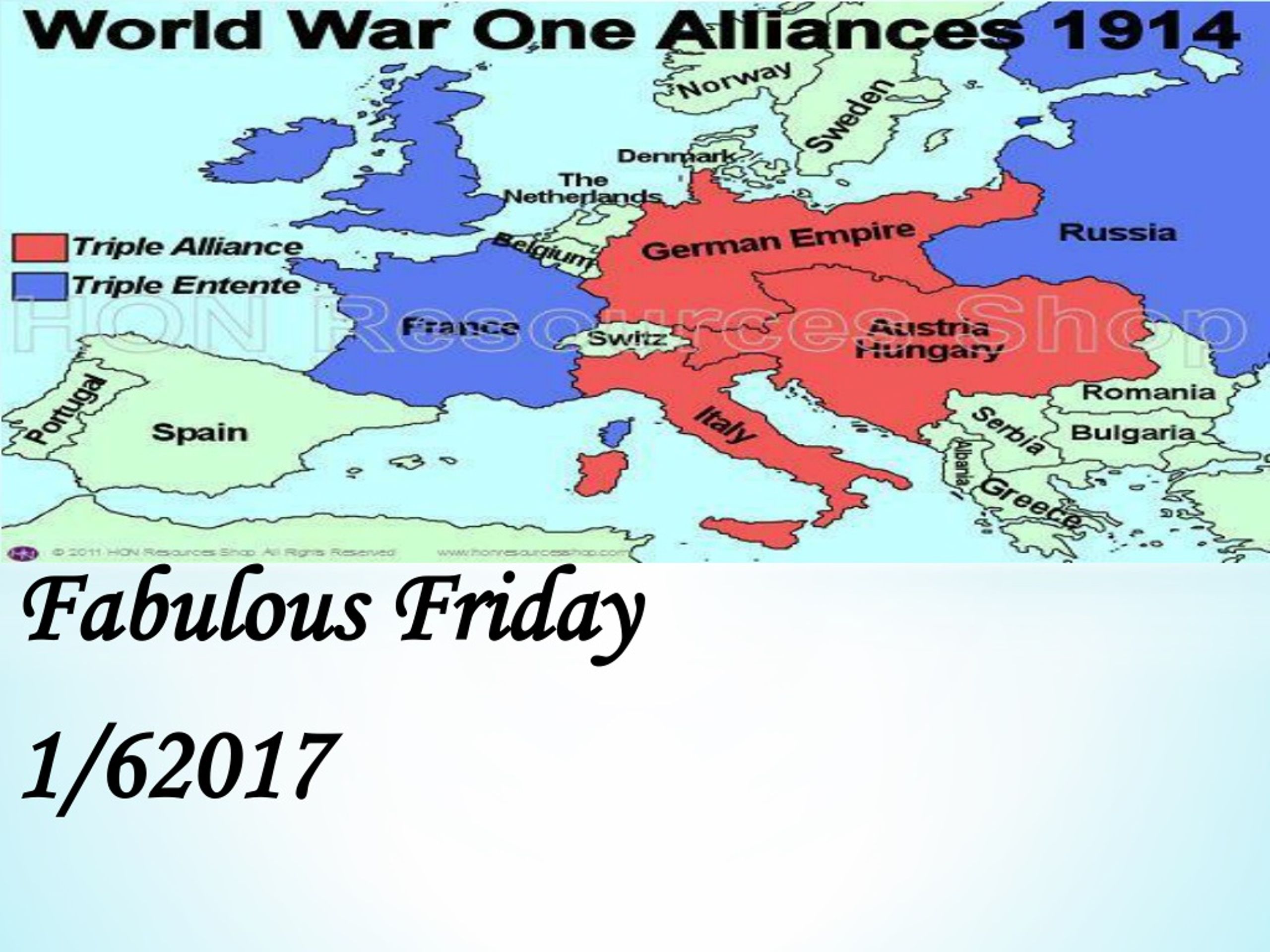
Source Image: slideserve.com
Download Image
Long-term Causes of World War I – HISTORY CRUNCH – History Articles, Biographies, Infographics, Resources and More World War I. Directions: This Question is based on the accompanying documents (1-6). Some of the documents have been edited for the purpose of the question. This question is designed to test your ability to work with historical documents. As you analyze the documents take into account both the CONTEXT of each document and the POINT OF VIEW that
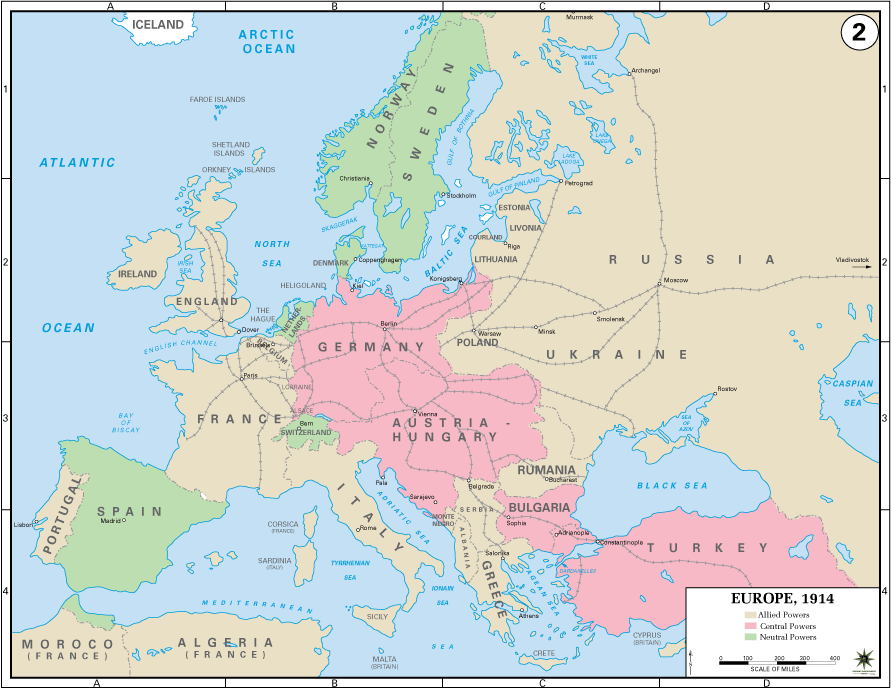
Source Image: vox.com
Download Image
What Was The Underlying Cause Of World War 1 Dbq
World War I. Directions: This Question is based on the accompanying documents (1-6). Some of the documents have been edited for the purpose of the question. This question is designed to test your ability to work with historical documents. As you analyze the documents take into account both the CONTEXT of each document and the POINT OF VIEW that Uboat Historical Context and Background Information The United States declared neutrality at the outbreak of World War I. However, many factors challenged American neutrality and eventually led to the involvement of the United States in the war.
40 maps that explain World War I | vox.com
Document 4 This is an excerpt from The Great Illusion by Norman Angell (New York and London, 1913). What are the fundamental motives that explain the present rivalry of armaments in Europe, notably the Anglo-German? All Categories
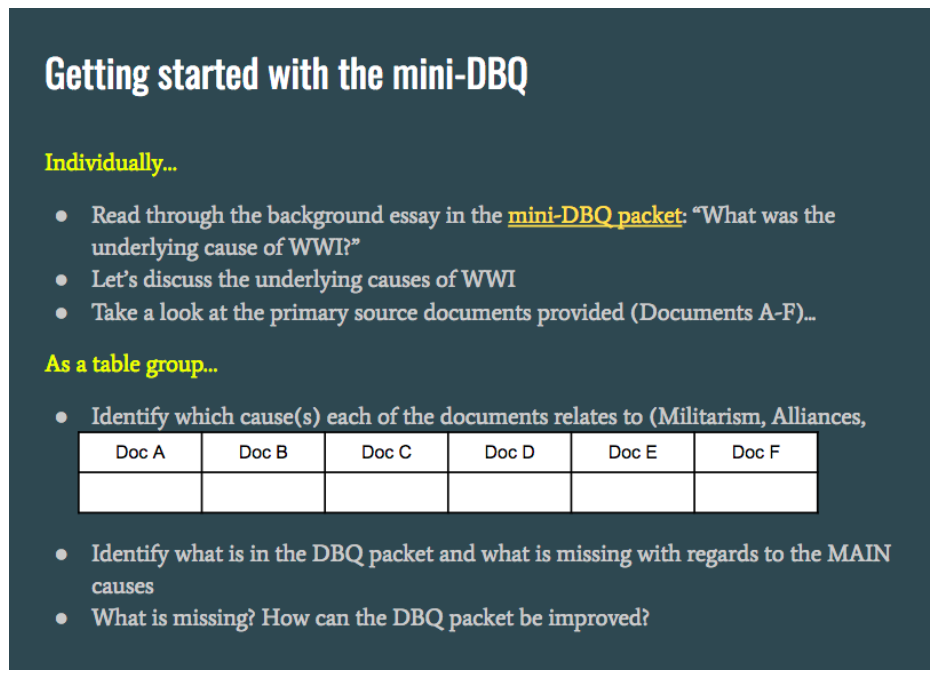
Source Image: yourglobalclassroom.net
Download Image
French and Indian War Reading with Questions | Student Handouts Document 4 This is an excerpt from The Great Illusion by Norman Angell (New York and London, 1913). What are the fundamental motives that explain the present rivalry of armaments in Europe, notably the Anglo-German?
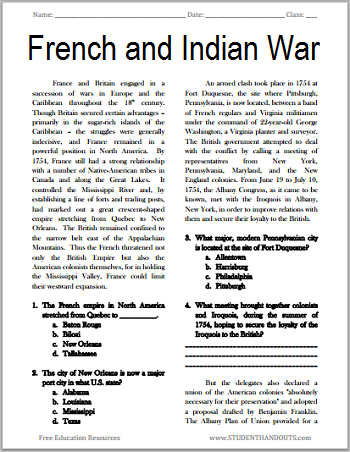
Source Image: studenthandouts.com
Download Image
Untitled Why did the United States enter World War I? What were the dominant interventionist arguments and themes, and how did Americans react to those arguments? Why did some Americans oppose American military involvement? SUMMARY: STANDARDS ALIGNMENT: TIME NEEDED: OBJECTIVES:
Source Image: murrieta.k12.ca.us
Download Image
Long-term Causes of World War I – HISTORY CRUNCH – History Articles, Biographies, Infographics, Resources and More They believed it was a battle of defense after the death of Archduke Ferdinand. He says the cause of the war was “imperialism of all European states.” This imperialism led to conflict. When the Russians mobilized, military men took over and diplomacy faded. 2) He stated that Europe had turned to denying and violating the right of man; Europe
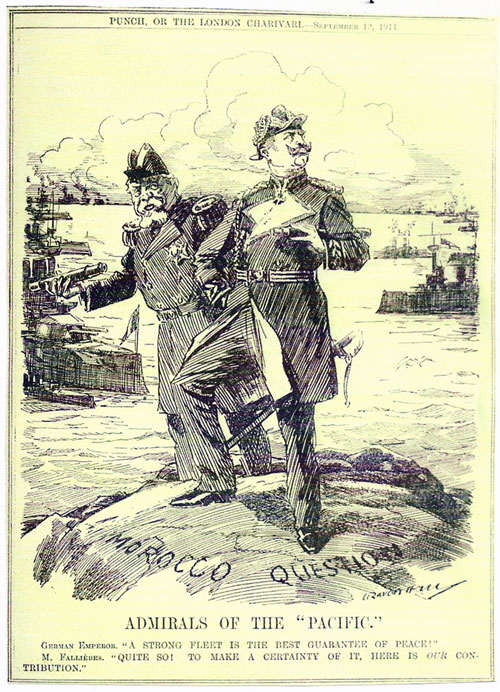
Source Image: historycrunch.com
Download Image
Causes of World War I DBQ They claim they were fighting a defensive war because they were surrounded, political and military leaders failed to fix things in time before the war to prevent it. How did imperialists affect WWI? – Shaping political alliances between nations engaged in the war. – Diverting attention away from domestic issues and towards economic improvement
Source Image: wirkus.weebly.com
Download Image
DBQ – WHAT WERE THE UNDERLYING CAUSES OF WWI? – ppt video online download World War I. Directions: This Question is based on the accompanying documents (1-6). Some of the documents have been edited for the purpose of the question. This question is designed to test your ability to work with historical documents. As you analyze the documents take into account both the CONTEXT of each document and the POINT OF VIEW that

Source Image: slideplayer.com
Download Image
READ: What Caused the First World War (article) | Khan Academy Uboat Historical Context and Background Information The United States declared neutrality at the outbreak of World War I. However, many factors challenged American neutrality and eventually led to the involvement of the United States in the war.
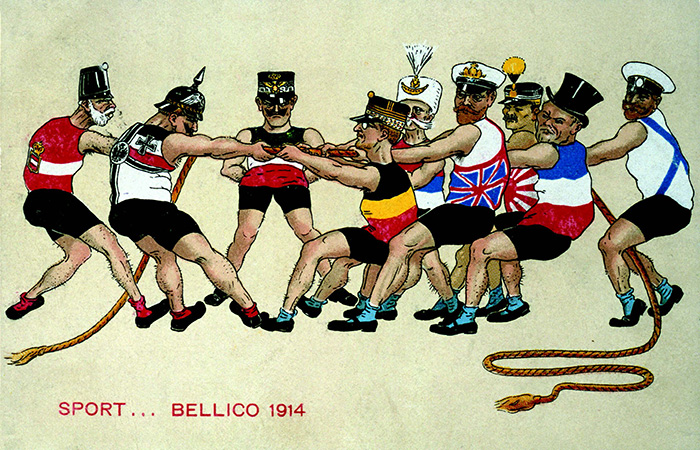
Source Image: khanacademy.org
Download Image
French and Indian War Reading with Questions | Student Handouts
READ: What Caused the First World War (article) | Khan Academy DBQ OUTLINE intro thesis statement: the underlying causes of wwi were militarism, allies, imperialism, and nationalism. doc all of statesmen and military … Conclusion The Great War affected the world both economically and politically. … The underlying causes of WWI were militarism, allies, imperialism, and nationalism. Doc A: All of Europe
Long-term Causes of World War I – HISTORY CRUNCH – History Articles, Biographies, Infographics, Resources and More DBQ – WHAT WERE THE UNDERLYING CAUSES OF WWI? – ppt video online download They claim they were fighting a defensive war because they were surrounded, political and military leaders failed to fix things in time before the war to prevent it. How did imperialists affect WWI? – Shaping political alliances between nations engaged in the war. – Diverting attention away from domestic issues and towards economic improvement